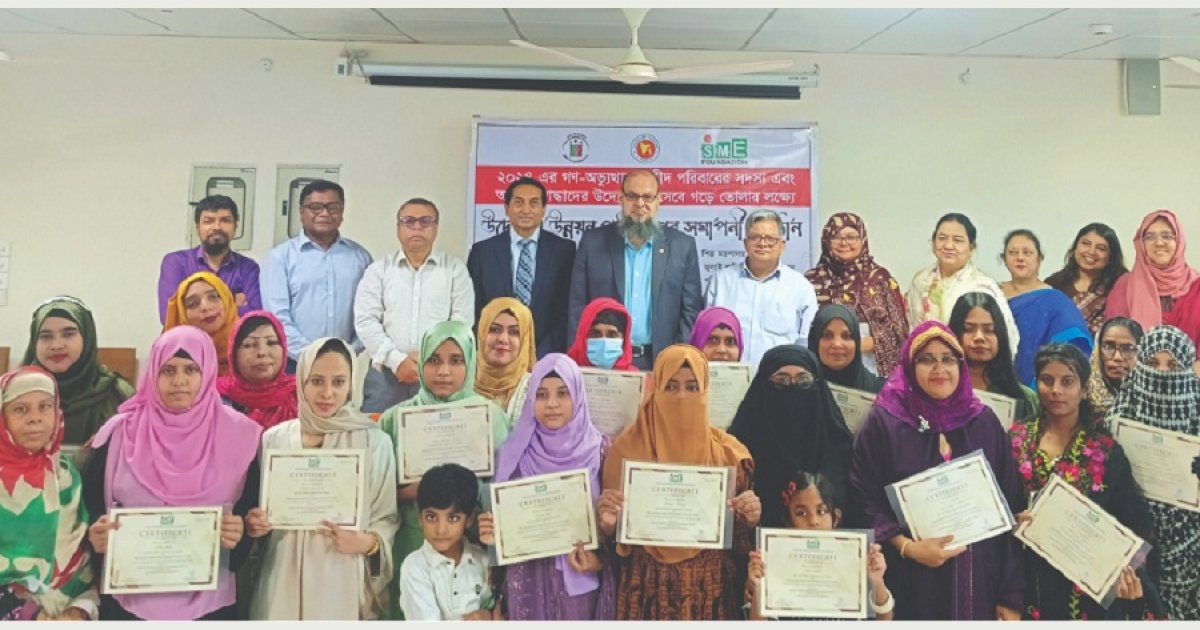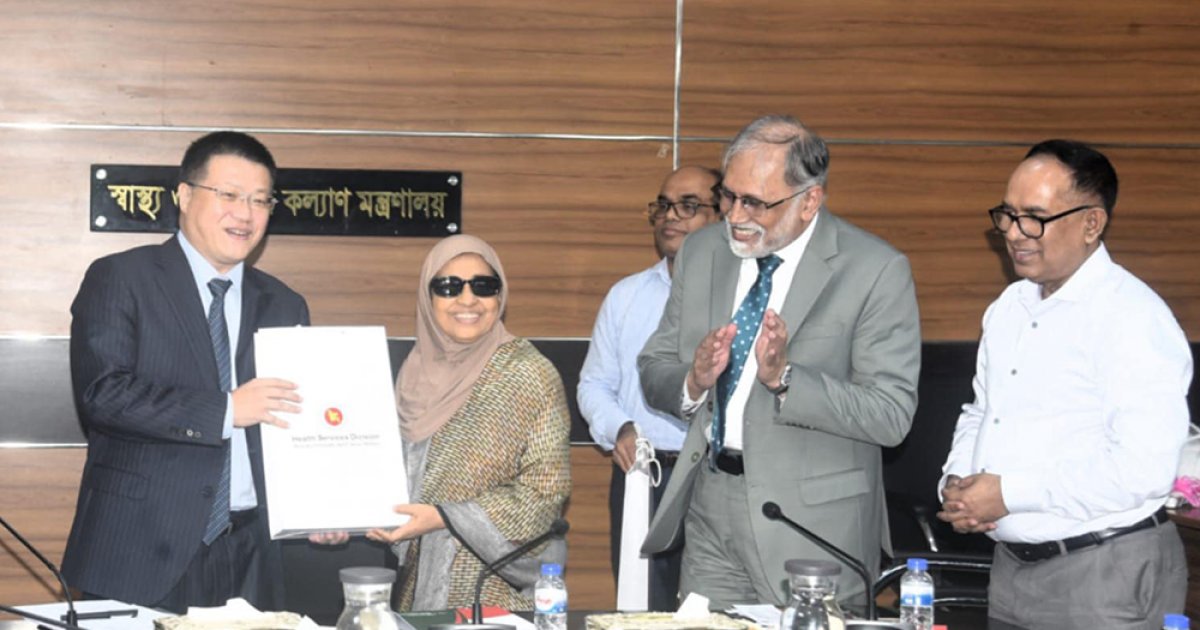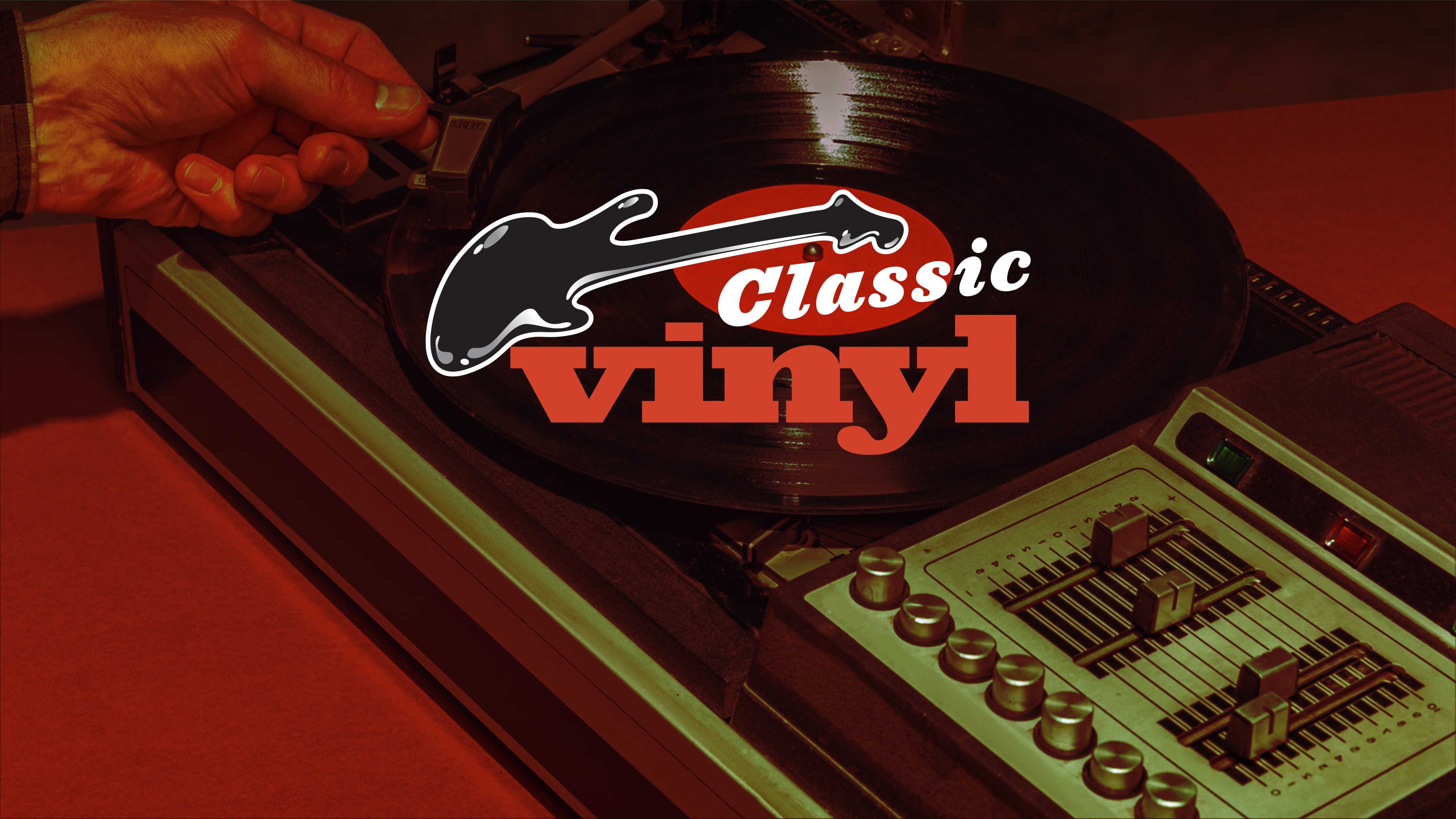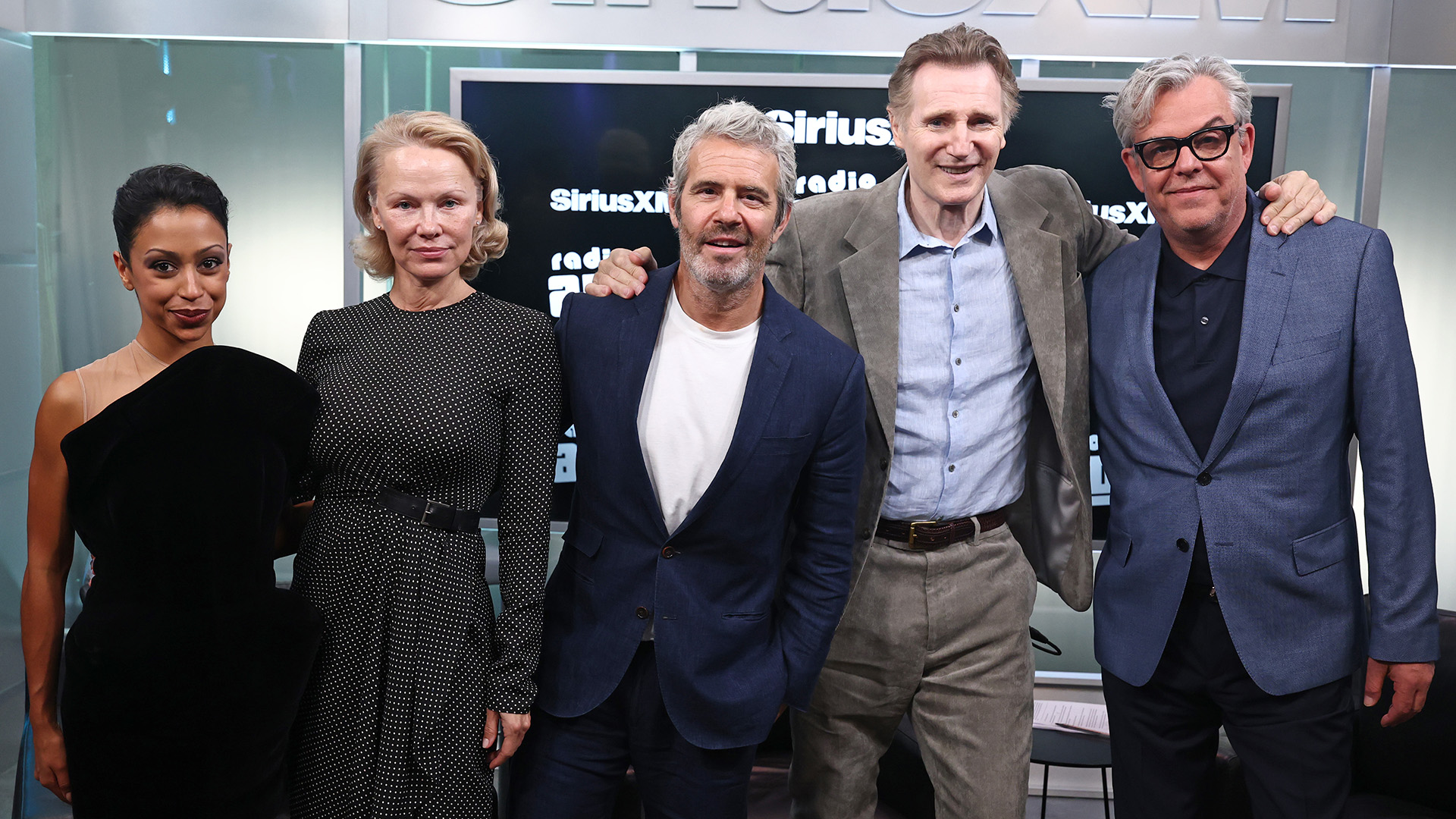UMG Chief Digital Officer on AI Music: ‘If You Don’t Claim a Seat at the Dinner Table, You Might Wind Up on the Menu’
In a keynote at the UN's AI for Good summit, Michael Nash discussed market-based solutions to AI issues, copyright and current collaborations.

Universal Music Group’s chief digital officer, Michael Nash, took the stage at the United Nations’ AI for Good summit in Geneva, Switzerland, on Tuesday (July 8) to discuss how the music industry — and UMG more specifically — is approaching generative AI.
“Universal’s strategy on AI is based on a simple philosophy: Center the conversation on artists, defend their rights and interests, and from that foundation, forge new commercial and creative opportunities,” Nash said.
Also during his talk, Nash stressed the position that “copyright is not the enemy of innovation” and that “market-based solutions are the answer” to the challenges AI poses to intellectual property-based industries like music. “If you don’t claim a seat at the dinner table, you might wind up on the menu,” he warned.
Nash’s comments at the summit come just weeks after it was reported that UMG — along with fellow major music companies Warner Music Group and Sony Music — were in talks with top AI music firms Suno and Udio to create an AI music licensing structure. Should that happen, it’s expected that it would settle the majors’ current blockbuster lawsuit against the AI companies. In that lawsuit, filed in June 2024, the majors alleged that Suno and Udio were engaged in the copyright infringement of their sound recordings on “an almost unimaginable scale.”
Read a transcript of Nash’s keynote speech below:
Good evening. Thanks for that kind intro, Don. I’m Michael Nash, the Chief Digital Officer of Universal Music, where I’ve led digital strategy for the past decade.
It’s an honor to have this opportunity to highlight why music matters greatly to this dialog about “AI for Good.”
To better understand music’s importance to this conversation… Let’s start with the importance of music.
You will not be surprised to hear an executive from Universal Music say, as a starting point, “Music is Universal.”
Music engages a massive global audience.
It’s the soundtrack of life on this planet.
About half the world’s population is actively engaged.
In fact, music is the most popular form of entertainment in dozens of developed countries, where up to 90% of adults listen to music on a monthly basis…
…With internet-enabled fans spending over 20 hours a week on average listening to music.
Even more important than these engagement stats…
Music drives culture worldwide. As it has for centuries.
Comprehensive scientific research definitively concludes that music is integral to every society ever studied and pervades social life the world over…
Proving out the immortal words of Longfellow:
“Music is the universal language of humankind.”
But music is not just a universal language…
It is a universal force for good…bringing connection, expression, communion and enrichment to lives in every corner of the world.
Beyond music’s fundamental role in culture…We are gaining a better understanding of how music promotes health and wellbeing.
Neuroscientific revelations have established how music significantly influences cognitive, emotional and physical functions of the brain. Backed by this growing body of research, music is now being deployed in advanced therapeutic and breakthrough medical applications.
This builds on what we’ve always known: that music is a powerful force for good in the minds, hearts and lives of people everywhere.
With this understanding of music’s greater purpose, let’s move into the conversation about technological disruption.
For well over a century, since the advent of sound reproduction and radio, music has been situated on the cutting edge of tech transformation…
Just one of many examples—this one quite relevant to the implications of AI—Peter Gabriel’s pioneering incorporation of digital synthesizers in the 1980s… (Play)
As the next major milestone in this journey of technological disruption and transformation, we believe AI can be instrumental to the future of music.
However, it’s critical to emphasize that AI will realize its potential to transform the future of music through the voices and visions of artists…
Yes, the scope of technological disruption may be unprecedented with AI, but that doesn’t change a fundamental truth:
It’s artists who’ve always shaped global culture. (Mosaic Transition Plays)
And that’s why Universal’s strategy on AI is based on a simple philosophy: Center the conversation on artists…
…defend their rights and interests….
…and from that foundation, forge new commercial and creative opportunities.
To maximize creative collaboration with technology, you must start from a foundation built on copyright and associated rights.
Of course it’s essential that we energetically defend our artists’ interests. You can’t forge new business models with “non-rights.” If you don’t claim a seat at the dinner table, you might wind up on the menu.
Working from our philosophy, we believe that market-based solutions are the answer.
We have enabled numerous entrepreneurs…and are working with a wide range of major tech platforms…in announced partnerships and with significant licensing deals in the works.
The anti-copyright premise of some AI industry commentators is deeply flawed.
Copyright is not the enemy of innovation.
Quite the opposite: Media/Tech convergence predicated on respect for copyright has produced a multi-trillion-euro economy….
…And that started with Apple: marrying iPod with iTunes in 2003 as a critical early step, embracing licensed music, to create the first trillion-dollar company.
Jobs wrote the blueprint. Now Google, Amazon, Meta and others are following in various ways with their own music and content strategies. Tech collaboration with the creative community, respecting the value of artists’ work and harnessing their innovation, has produced enormous cultural and economic benefit.
Lessons learned in the first quarter of this century are why we believe the future of AI Music will be realized by unlocking new creative collaborations.
The future of AI music will not be the regurgitation of derivative knock offs of artists’ music to cannibalize their current marketplace. Who wants that? It will be activated by putting new tools in the hands of artists so they can expand the market and create new experiences for their fans in partnership with technologists. This is how AI will promote innovation and advance culture.
Let’s look at some examples of these collaborations and how they’re being fostered.
An important foundation in successful collaboration is being promoted by creative community alliances…and Universal has taken a very active role.
Just one of many examples: We helped launch the Human Artistry Campaign and articulate its principles. This global initiative was formed in 2023 to protect creators’ rights in the age of AI and now has more than 170 supporting organizations from over 40 countries.
We’re backing many such industry and creative community initiatives you see referenced here.
On the business development front, Universal is forging the future of AI Music with leading innovators.
To highlight just a few of our active partnerships…
• Soundlabs, Hooky and Supertone are each employing “voice clone” AI technology enabling artists to perform in multiple languages so their audiences can hear them singing in the fans’ native tongues for the first time.
• KLAY Vision is developing exciting new models leveraging Generative AI for hyper personalization and deeper fan engagement.
• ProRata is making important output attribution advancements to enable new Gen AI business models.
Let’s look at some exemplary artist projects.
We were thrilled to release “Now And Then,” the last song from The Beatles – written and sung by John Lennon almost 50 years ago. Using next generation AI source separation technology, Lennon’s voice was excavated from a cassette recording that had been completely unusable for decades, waiting for this moment in the evolution of AI to arrive.
In February of this year, “Now and Then” won the Grammy for “Best Rock Performance,” the first time any recording utilizing AI technology has been so honored in a major category.
We recently joined forces with Apple to introduce a new category called “Sound Therapy” powered by a team of scientists, engineers and producers at Sollos, Universal’s music health division.
This audio wellness innovation employs our own ethically developed, patented Gen AI system. It seamlessly integrates scientifically calibrated audio supplements into the recordings of some of our biggest artists including Imagine Dragons, Katy Perry and Kacey Musgraves.
The result? Immersive artist-approved remixes that deliver a range of wellness benefits to subscribers.
For the first time in my career, I think I can honestly say: I hope my presentation has put you to sleep…
Finally, I’m pleased to highlight a new music video project from global superstar Keith Urban…the very latest example of how our artists are harnessing their world-class creativity to engage with cutting-edge technology and map the future of AI Music.
This mesmerizing treatment of Keith’s hit “Straight Lines” is being created with Moon Valley Gen AI and other ethically trained tools. This short explanatory video details the production process.
Now, a sneak preview clip from the nearly completed forthcoming Keith Urban music video, “Straight Lines.”
So, in summary…
We believe that music is universal…that AI can be instrumental to our future…and that it’s the artists who will continue to shape global culture, channeling disruption into transformation as they have always done.
In our artist-centric vision, AI innovation can drive music culture, and in so doing, generate even greater benefits to the quality of life on this planet.
Thank you.
What's Your Reaction?










































